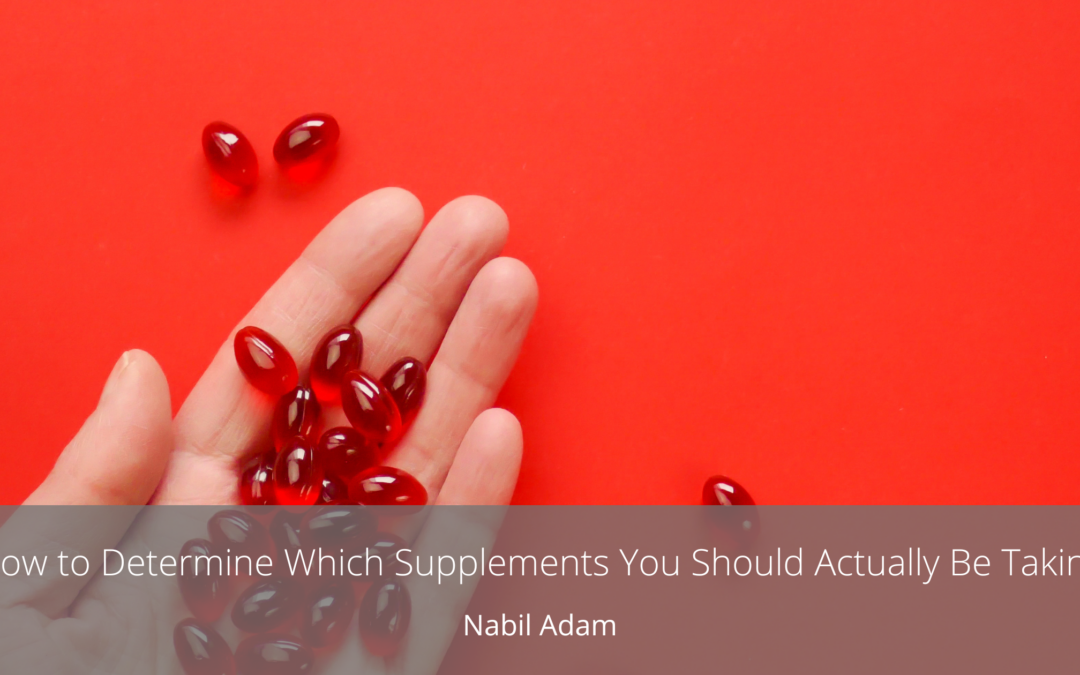The supplement market has many options, promising everything from enhanced energy to improved immunity. However, not all supplements are created equal, and it’s crucial to determine which ones align with your specific needs. Here’s a guide on navigating the supplement aisle and selecting the suitable ones.
- Identify Your Nutritional Gaps: Before incorporating supplements into your routine, assess your diet and identify any nutritional gaps. If you have a well-balanced diet that includes a variety of fruits, vegetables, lean proteins, and whole grains, you may already be meeting most of your nutritional needs. However, supplements may be beneficial if certain nutrients are lacking due to dietary restrictions, allergies, or specific health conditions.
- Consult with a Healthcare Professional: It’s always advisable to consult with a healthcare professional before adding new supplements to your regimen. A doctor or registered dietitian can assess your overall health, identify potential deficiencies, and recommend appropriate supplements. They can also consider any existing medical conditions or medications you may be taking, ensuring compatibility and preventing possible interactions.
- Focus on Essential Nutrients: Rather than falling for every trending supplement, prioritize those that provide essential nutrients your body needs. Common deficiencies include vitamin D, B12, iron, calcium, and omega-3 fatty acids. Choosing supplements that address these deficiencies can be more beneficial than a one-size-fits-all approach.
- Consider Your Lifestyle: Your lifestyle plays a significant role in determining which supplements may be beneficial. For example, athletes or those engaging in intense physical activity may require supplements like protein, creatine, or electrolytes. If you follow a vegan or vegetarian diet, you might need vitamin B12, iron, and omega-3 fatty acids supplements. Tailor your supplement choices to align with your lifestyle and individual health goals.
- Read Labels Carefully: When selecting supplements, reading labels is crucial. Look for reputable brands that adhere to quality standards and third-party testing. Check for clear dosage information, the form of the nutrient used, and any additional ingredients. Avoid supplements with excessive fillers, additives, or unnecessary ingredients.
- Be Cautious of Mega-Doses: While certain nutrients are essential, excessive intake can have adverse effects. Be cautious of supplements that provide mega-doses, especially when it comes to fat-soluble vitamins like A, D, E, and K. Consuming excessively high levels of these vitamins over time can lead to toxicity.
- Monitor Your Response: Pay attention to how your body responds once you take supplements. If you experience any adverse reactions or if there is no noticeable improvement in your health, it’s essential to reassess whether the supplement is necessary or if adjustments are needed.

